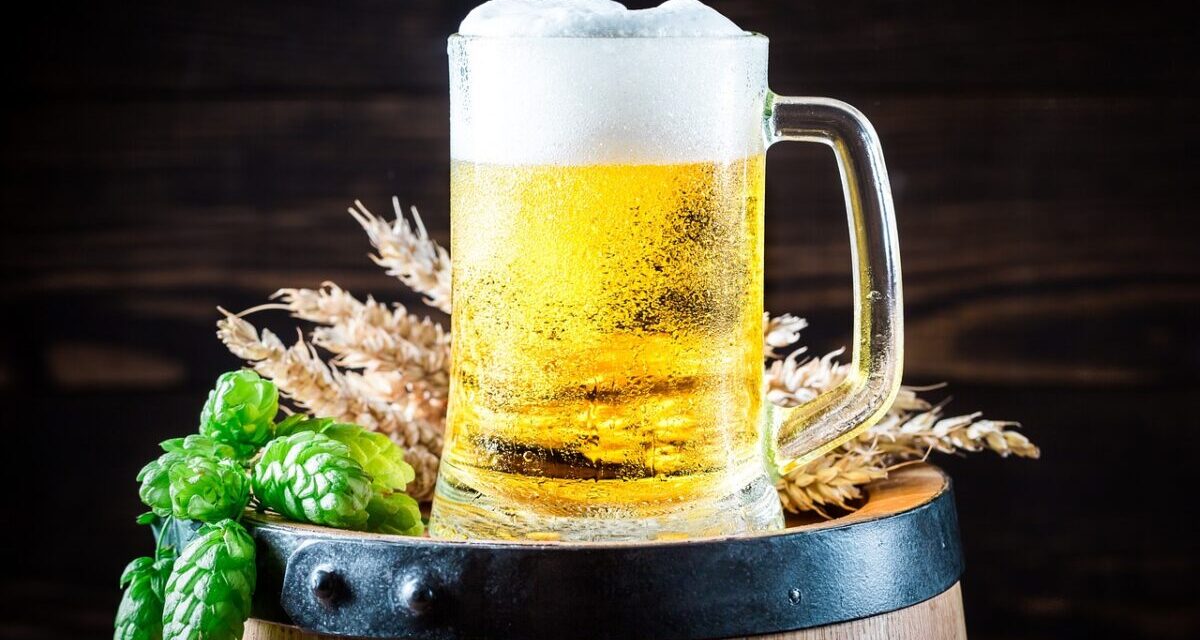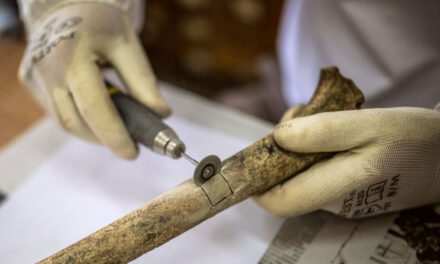Not only are fewer people drinking domestic juice, interest in imported products has also waned.
Last year, domestic beer consumption fell by 10 percent, from 6.006 million hectoliters in 2022 to 5.4 million hectoliters, despite a significant decrease in imports and an increase in the proportion of domestic products, said Sándor Kántor, director of the Association of Hungarian Brewers.
Based on the combined data of the five most important beer producers present in Hungary (Borsodi Sörgyár Kft., Carlsberg Hungary Kft., Dreher Sörgyárak Zrt., Heineken Hungária Zrt. and the largest small-scale brewery participating in the data analysis, Pécsi Sörfőzde Zrt.), imports are 28 percent , decreased from 886 thousand hectoliters to 640 thousand hectoliters.
Exports also decreased, by 16 percent to 375,000 hectoliters.
The director of the beer association highlighted that as a result of the technological and product development programs of the companies, which have been carried out for years and have been implemented with investments of several billions, the share of turnover of domestically produced beers has increased: in 2023, the sales of the five largest Hungarian producers reached 88 percent.
Domestic production thus decreased by less than eight percent, from 5.567 million hectoliters in 2022 to 5.135 million hectoliters.
Despite the decrease in turnover, the budget payments of the five largest manufacturers increased by 1 percent to HUF 86.4 billion in 2023, with VAT payments increasing by 15 percent and excise tax payments decreasing by 11 percent playing the biggest role, HUF 41.5 billion and In the amount of HUF 37.8 billion, explained the director of the beer association.
The number of employees in the industry continued to grow, reaching 1,624 people in 2023 at the five largest Hungarian manufacturers, and the sector provided stable employment for around 20,000 more people in the fields of production support, logistics, trade and hospitality.
Speaking about the individual product groups, Sándor Kántor said that the share of the super premium and premium segment in domestic sales continued to increase: in 2023, it reached 31 percent, with 1.661 million hectoliters. The middle category maintained its share of 55 percent, with a turnover of 2.957 million hectoliters, and the years-long decrease in the weight of lower-end products continued. The latter segment accounted for only 8 percent of the turnover of the five largest manufacturers last year, with 418,000 hectoliters.
The market expansion of alcohol-free and reduced-alcohol beers observed in previous years has stopped, the product group's turnover of 364,000 hectoliters last year accounted for nearly 7 percent of total sales.
Sándor Kántor explained that the sale of kegs distributed in the HORECA sector (hotels, restaurants, coffee houses) decreased by 9 percent to 386,000 hectoliters. The turnover of aluminum box products, the most popular packaging in retail, decreased by a similar amount to 3.856 million hectoliters, which is 70 percent of the total domestic sales. As a result of the growing demand, the turnover of beer in PET bottles increased by 4 percent, to nearly 300 thousand hectoliters, while the turnover of single-use, non-refillable glass beers - which are typically packaged for premium products - decreased by 5 percent, less than the total market, to 223 thousand hectoliters.
MTI












